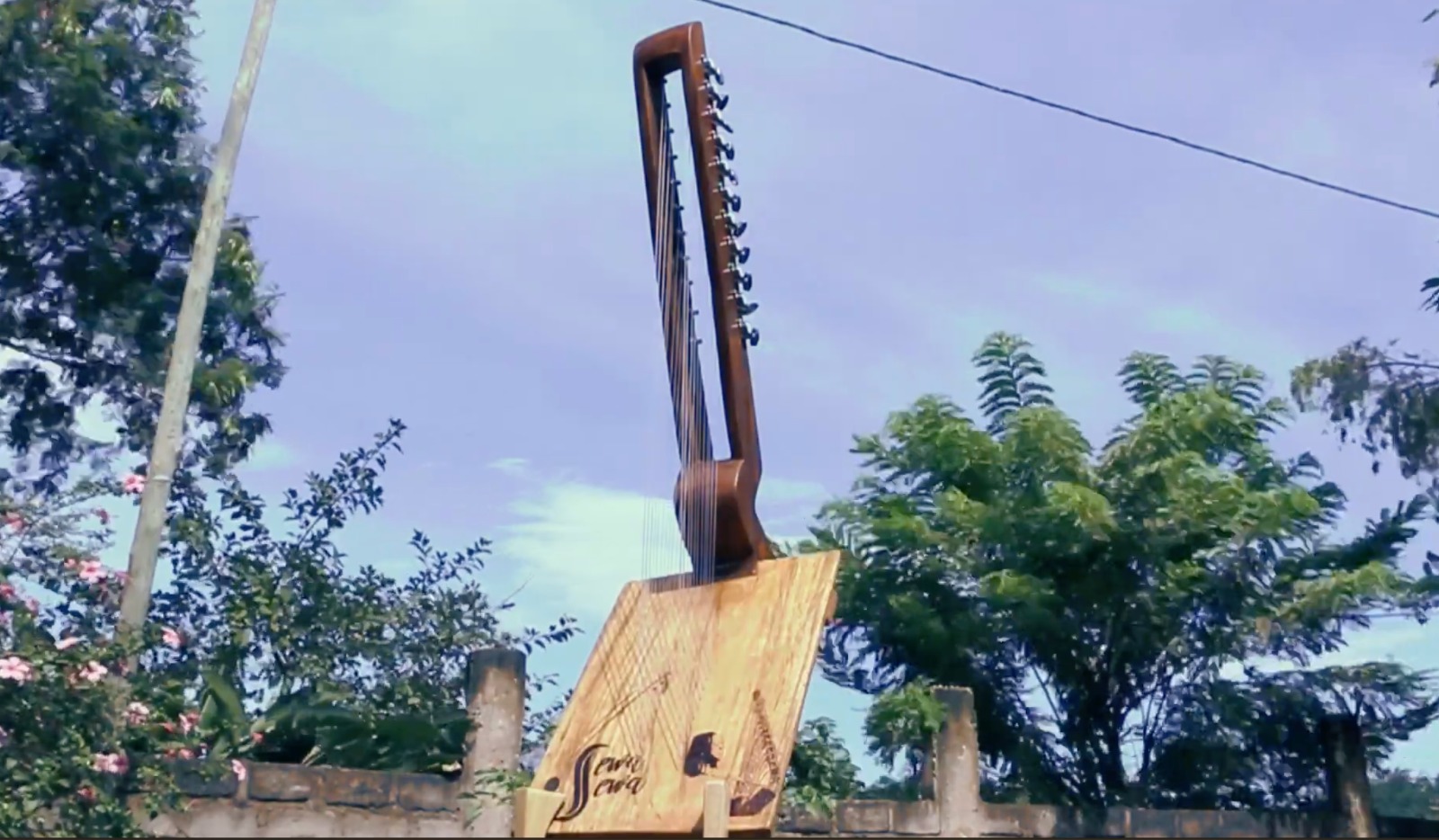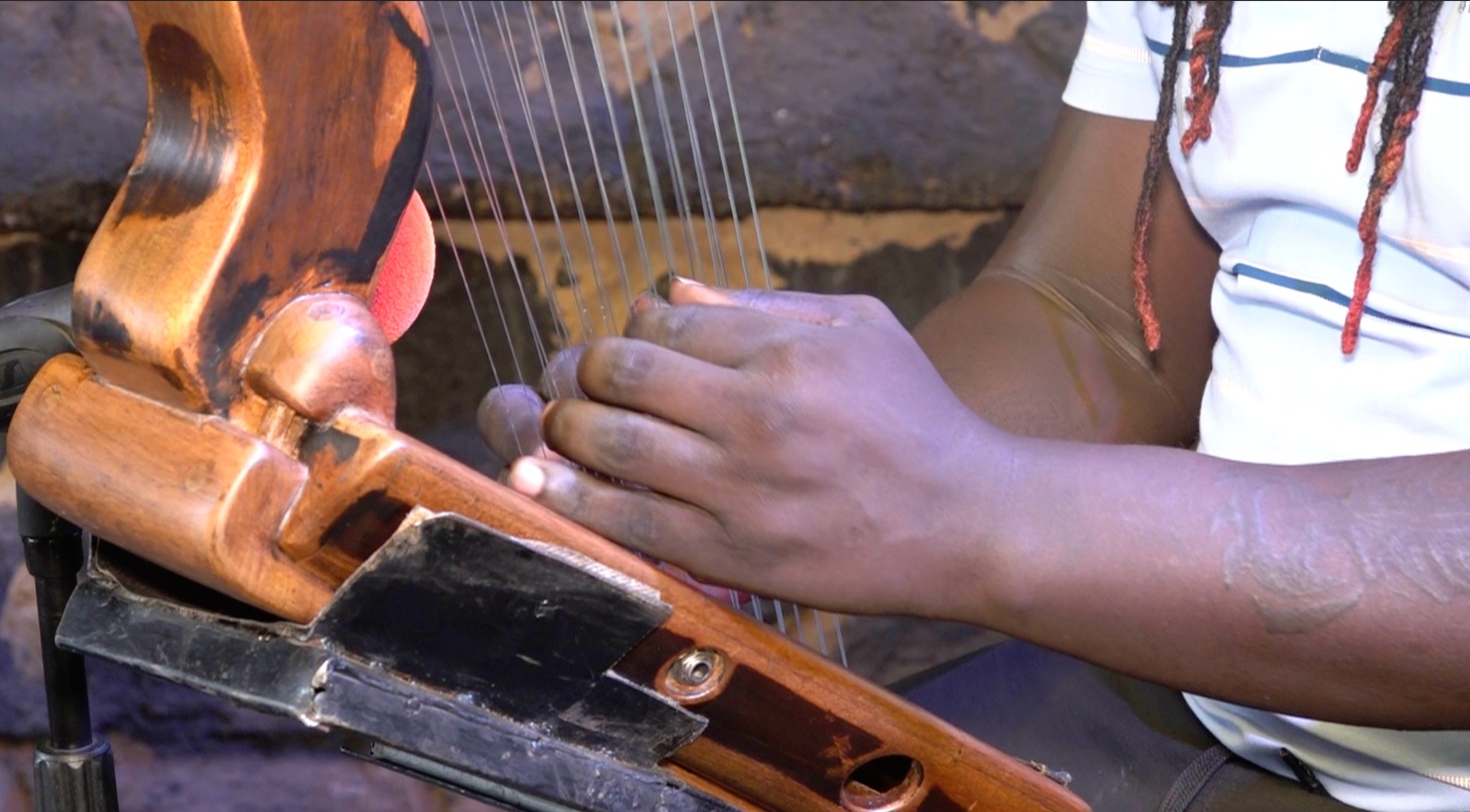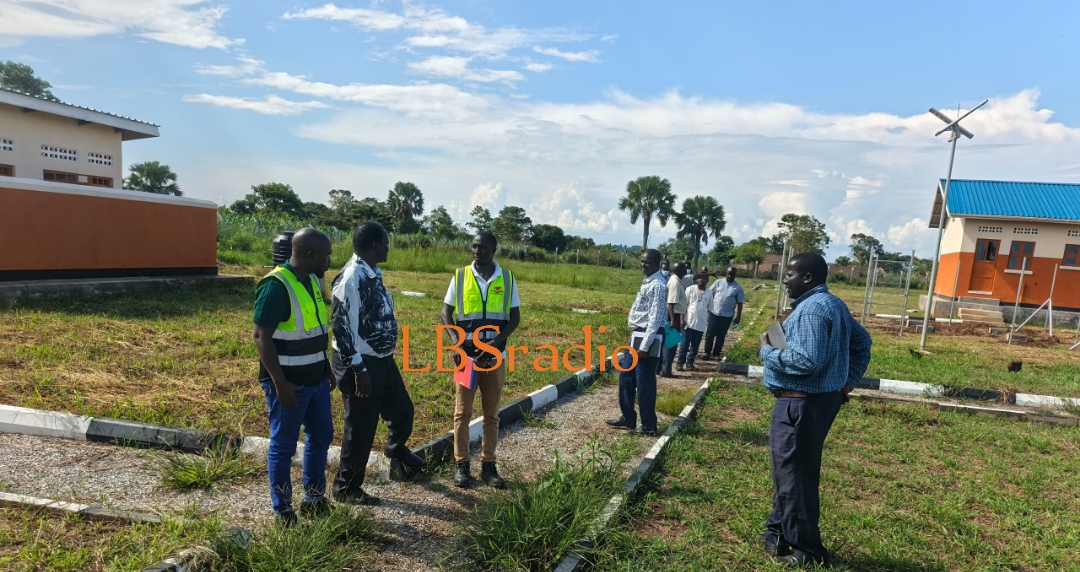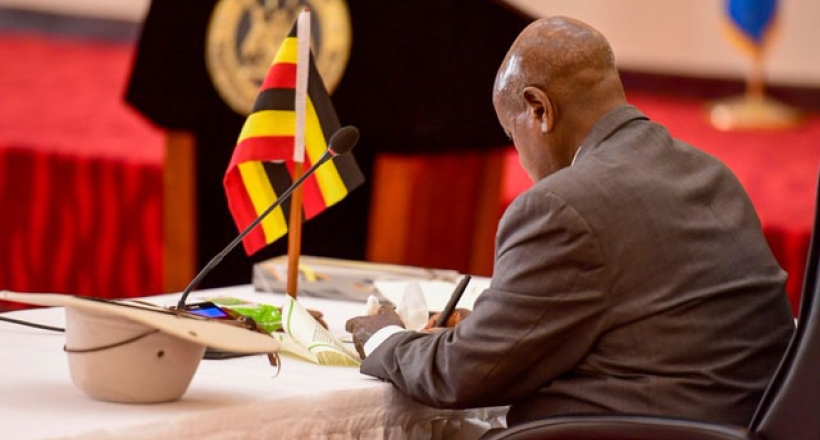James Ssewakiryanga, better known as Ssewa Ssewa, created the Janzi to be part of the long-standing tradition of instruments played during both joyful and sorrowful occasions.
Uganda is home to a variety of traditional musical instruments, such as the drums, amadinda, adungu, entongooli, and others found across different regions of the country.
Yet, with the rise of modern instruments, it has become less common to see these traditional instruments being upgraded or adapted for the present day.
One such instrument, the Janzi, produces a unique sound that blends seamlessly with various music genres, often leading people to mistake it for a guitar.
James Ssewakiryanga, better known as Ssewa Ssewa, created the Janzi to be part of the long-standing tradition of instruments played during both joyful and sorrowful occasions.
He explained how the idea for the instrument came to him and why he chose the name Janzi.
“I was on tour in Germany, and when I visited a store, a gentleman asked what I play. I told him the Addungu, but he had never heard of it, so we had to Google it,” Ssewa recalls.
Although the Janzi has a new design, Ssewa Ssewa integrated modern techniques with traditional elements to make it meet global standards.
The Adungu, his most recognised instrument, is one he often uses to entertain audiences, particularly abroad.
However, transporting it, especially on airplanes, became a significant issue, leading him to develop the Janzi as a solution.
“We were heading to Switzerland and had trouble bringing the Addungu on board because of the nails in it. The authorities saw it as a security risk, and while they were right, it was embarrassing,” Ssewa shared.
The Adungu is designed such that the smallest plays the guitar equivalent of the solo or soprano. To get the bass, the guitar has to be quite large, and in some cases, it takes two people to carry it, making transportation cumbersome.
The Janzi, on the other hand, is much more portable.
“I looked at the Addungu and thought, ‘I want to create something with two sides, but distinct from the Kora.’ The Janzi is different because each side is tuned differently,” Ssewa explained.
According to Ssewa, refining traditional instruments makes it easier to sell them both locally and internationally, where there is growing demand.
 Ssewa Ssewa created Janzi for both joyful and sorrowful occasions.
Ssewa Ssewa created Janzi for both joyful and sorrowful occasions.

Ugandans are also showing interest in these innovations. He dreams of seeing local artists, such as Chameleone and Bebe Cool, using these instruments to create or remix songs, which would help market Uganda’s culture.
“My dream is to see our artists using these instruments,” he said.
However, he acknowledges that the journey is far from over.
“No one from abroad will do this for us; it’s up to us. That’s why we are stuck on playing guitars, thinking they are superior—that’s the mindset we need to change,” he noted.
One of the main challenges is that local instrument makers have yet to embrace the idea of improving their craft, which stifles innovation. “Have you ever thought about how we could redesign a drum to improve its tuning? Our drums are bulky, and tuning them is difficult.
People hesitate to buy them, especially when they have to transport them abroad,” Ssewa added.
This initiative goes beyond the Janzi. Ssewa Ssewa and his team are also working on other instruments.
They’ve recently upgraded the Namaddu drums from Bugweri, improving their design and quality while keeping the sound intact.
“We made seven drums, all amplified. The tuning and sound remain the same,” he said.
Ssewakiryanga has devoted much of his time to refining these traditional instruments and operates a small workshop to pursue his vision. He remains hopeful that other Ugandan innovators will join him in this effort.
















